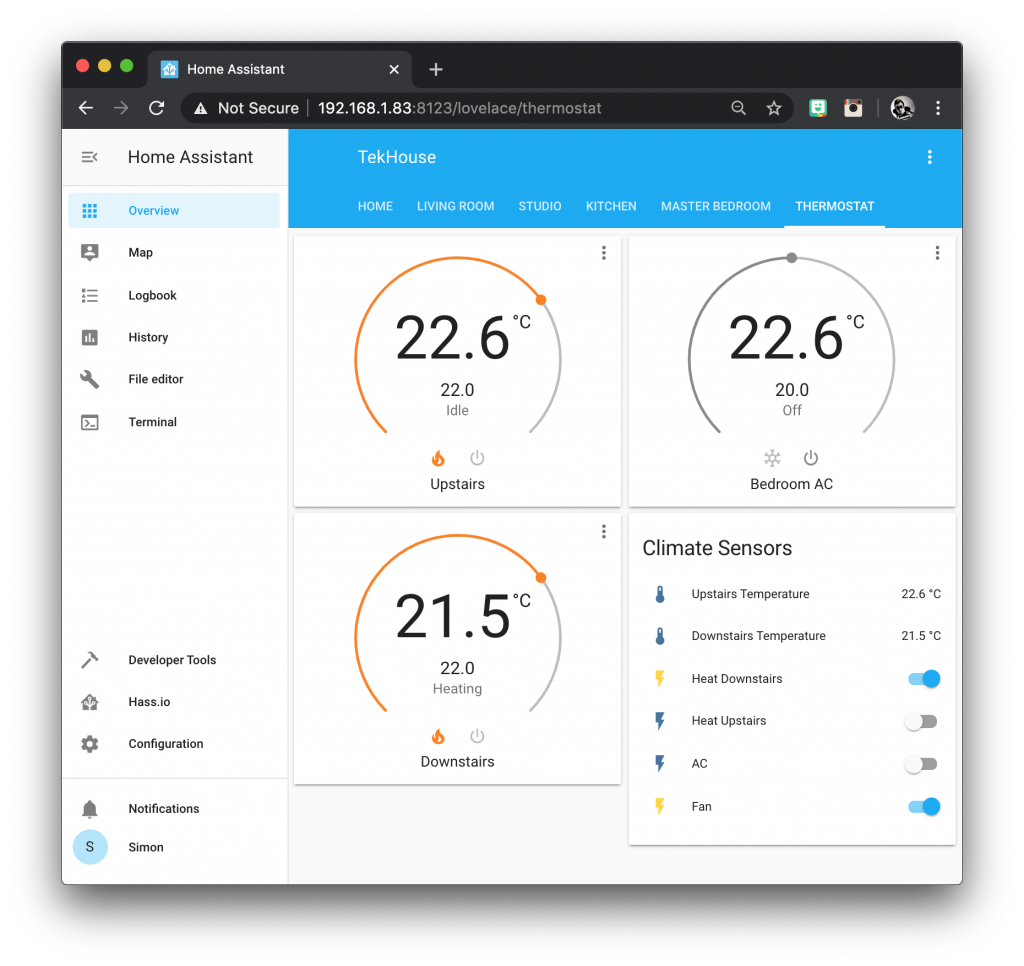
It's a great neighborhood and it's inclusive," Hile said. "It's almost like we're paying their real estate taxes for them and that has caused a lot of dissension among those neighbors that have been there for so long."ĭespite the presumption of crime, Jon Hile, director of impact at the Hall Family Foundation, has lived in the Longfellow neighborhood for more than 20 years. "Those of us that have been there in this neighborhood as long as myself or others have seen our taxes go up about 400%, whereas in those new homes, they have a tax abatement," Evans said. "When we go out and we do canvassing after a homicide, we need to be doing canvassing every day about opportunities that are available that pull people out of poverty because that's the issue we have and that's what we need to focus on," Robinson said.ĭee Evans has also lived in the Beacon Hill neighborhood since she was a kid.Īs blocks of Troost become gentrified, many residents are concerned the increase in property tax could push them out of the neighborhood. She recommended the city invest in education, workforce development and affordable housing. Until the city provides true opportunities for people who need it most, Robinson said, Kansas City will continue to see homicides and violence. "I remember the convenience store that I was banned from going to as a kid because of all of the crime and violence," said Melissa Robinson, who now represents Kansas City's 3rd District on the City Council.

So KCUR's Up to Date set up a table outside of Operation Breakthrough near 31st Street to hear from residents, community leaders, business owners and others about the neighborhood's progress and the work that still needs to be done.


 0 kommentar(er)
0 kommentar(er)
